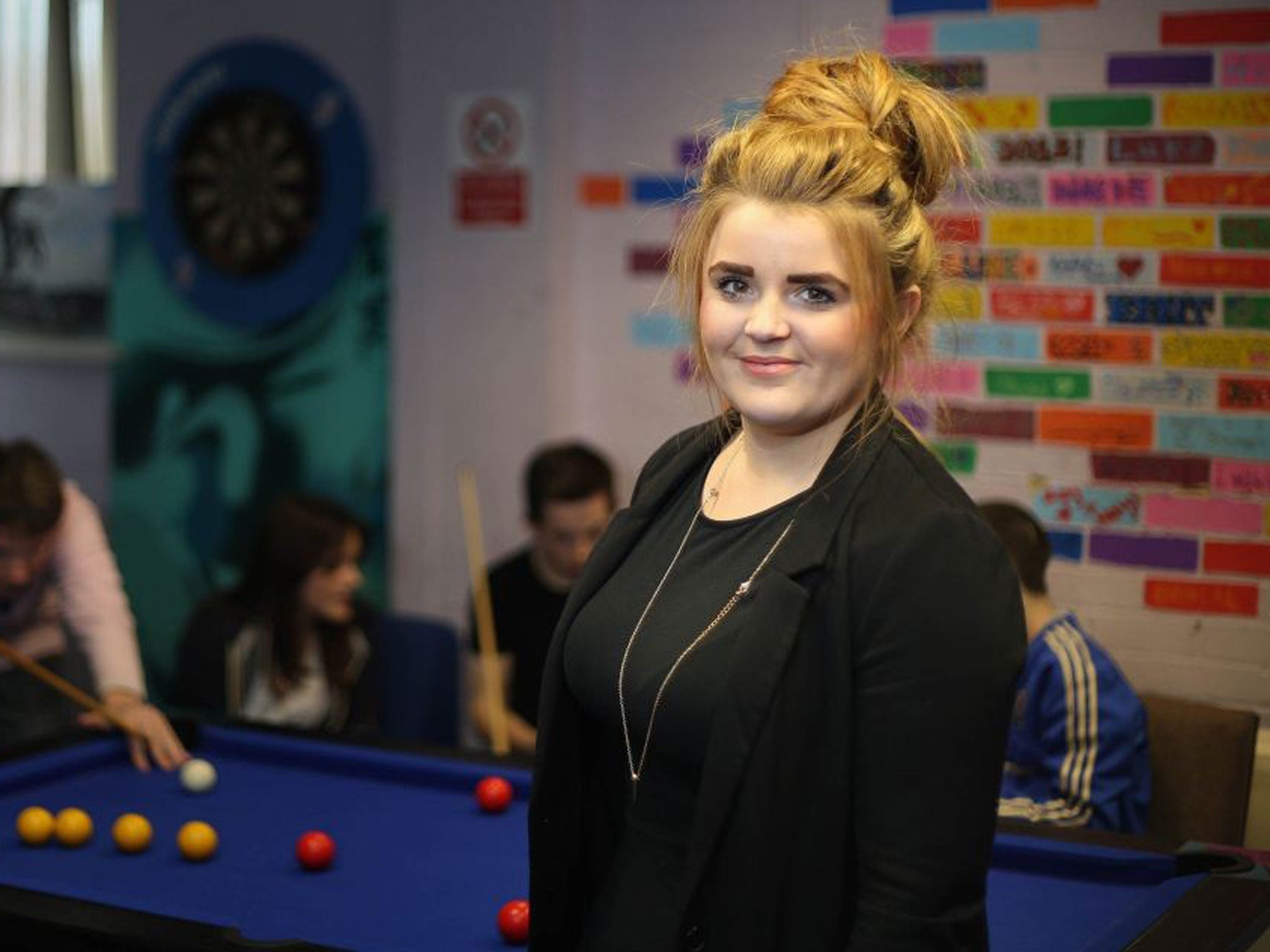This week's big questions: How has the BBC changed since the 1960s? Was it a mistake to appoint a 17-year-old Youth Police Commissioner?
This week's questions answered by broadcaster, writer and life peer Joan Bakewell


How does it feel to have a night of BBC programmes devoted to you?
I’m pleased, of course, to have my work recognised, though many 1960s programmes were either not recorded or wiped. Still, Late Night Line-Up gets a mention for the groundbreaking programme it was. There’ve been plenty of programmes since, and I’m pleased now I went with the more serious work that was offered me and that dealt with ideas, conflicts and public affairs. I turned down a lot of schlock, but I wouldn’t have been any good at it anyway.
Does the BBC of 2013 feel like the same organisation – in terms of its core values – that you started out at in the 1960s?
When I joined the BBC in the 1950s, it was run by high-minded Oxbridge males, with a splash of louche bohemianism thrown in. The spirit of Reith prevailed and there were lots of restrictions: no jokes about knickers or vicars! The values were of public service and a dedication to the truth, not just factual truth but truth to the human spirit, reflected in a radio drama. And, of course, the unalloyed commitment to music and the arts of the Third Programme had had a major educational impact on my teenage years. Then along came ratings and managers and the whole thing began to be micromanaged. The hostility of rival media enterprises made it hard to hold fast to the initial vision. But I don’t think it’s been lost. It may be about to recover some of its original integrity.
Was it a mistake to appoint a 17-year-old Youth Police Commissioner?
I’m not quite sure what the function of this person was meant to be, but it was certainly the case that the appointment process wasn’t rigorous enough. If the intent is to discover how young people feel, why not go out into the streets, pubs and clubs and ask them? Formalising the whole thing as a job and an income has already proved treacherous: the idea that the ideal recruit should have a blameless vocabulary and attitude seems to defeat the whole object.
Was Madonna’s decision to adopt from Malawi always going to end in tears?
Celebrity and philanthropy are a tricky mix. Bill Gates does it with aplomb, but then he doesn’t gyrate before the world in flimsy clothes. It must be hard for Madonna to get outside her showbiz persona and be consistently serious for as long as it takes to make thoughtful decisions. The poor of Africa need support and her interest may well have raised the profile of their plight. But if you’re going into philanthropy you need the intent, the staff and the money to see it through over time. Clearly some of this was lacking.
What do you think of Tim Waterstone’s “Spotify for books”? Would you use it?
I am in favour of reading in almost any form. I campaign for the survival of our civic libraries. I belong to a book group. I have a Kindle, and I sit on juries for book prizes. So any form of reading is welcome. I like the idea of trying to revive the Dickens cliffhanger style of issuing different chapter instalments at different times. But I wonder whether our hectic lives will accommodate it easily. I can see that the Twitter generation won’t be willing to wait a week, or even days, to know what happens next. I don’t know the details of Tim Waterstone’s plans, but I suspect it will need tryouts and market research before it’s a going success. I wish it luck.
IVF pioneer Robert Edwards died this week. What does humanity owe him?
Five million babies worldwide! How much happiness is that? The sadness of not being able to have children is profound and he lifted it from thousands. His life was dedicated to the pursuit of one achievement and it has been more than realised. But more than that, he opened up the ongoing debate about the intervention of medicine into human life. Establishment and religious interest consistently resist new ideas, trying to close down the debate surrounding medical ethics. By following Robert Edwards’ pioneering work, other scientists and doctors are continuing to improve the quality of our lives. The current debate about assisted dying is merely the latest to engage public interest.
The shortlist for the Women’s Prize for Fiction is announced next week. What’s your view of women-only literary prizes?
I am hugely in favour of enterprises that encourage women. There are plenty of us who’ve had chances and seized them, making our way as the equals of men. But there are many situations where women don’t. Also, the huge issue of the work/life balance for women who want to be close to their children remains unresolved. Women novelists since the 18th century have always written at home, in a domestic setting, and sent their work out into the world to make its own way. Today’s crop of talent is outstanding and able to hold its own against male writers. Of that there’s no doubt. But anything that acknowledges the struggles that women still have to gain that equality is worth highlighting.
What do you make of the rise in philanthropic giving to universities that was reported this week? Are philanthropists replacing the state?
The hard-pressed “state” so often vilified is, in fact, all of us, coming together as individuals to provide through our taxes for a civilised society. Education is one of the most valuable components of such a society. That’s why people who don’t have children don’t complain when their taxes are spent on schools. So state funding will always be fundamental to universities. But philanthropy has always played a powerful place in supporting education. And education remains a area that rich people are happy to support: if increasingly university grants and research projects bear their name, then that’s their just reward.
And finally, on that other big story of the week, was it inevitable that the BBC would be criticised for its coverage of Margaret Thatcher’s death?
The BBC is walking a tightrope. Margaret Thatcher, we can all agree, was a powerful and divisive figure. The BBC’s coverage of her death and funeral will inevitably attract criticism. But the BBC is the nation’s broadcaster and would do well to stand back from all the mayhem and seek to reflect the truth of the occasion. If that involves a multitude of voices being heard, some of which might seem tasteless and offensive, that’s the price we pay for not being a police state.

Join our commenting forum
Join thought-provoking conversations, follow other Independent readers and see their replies